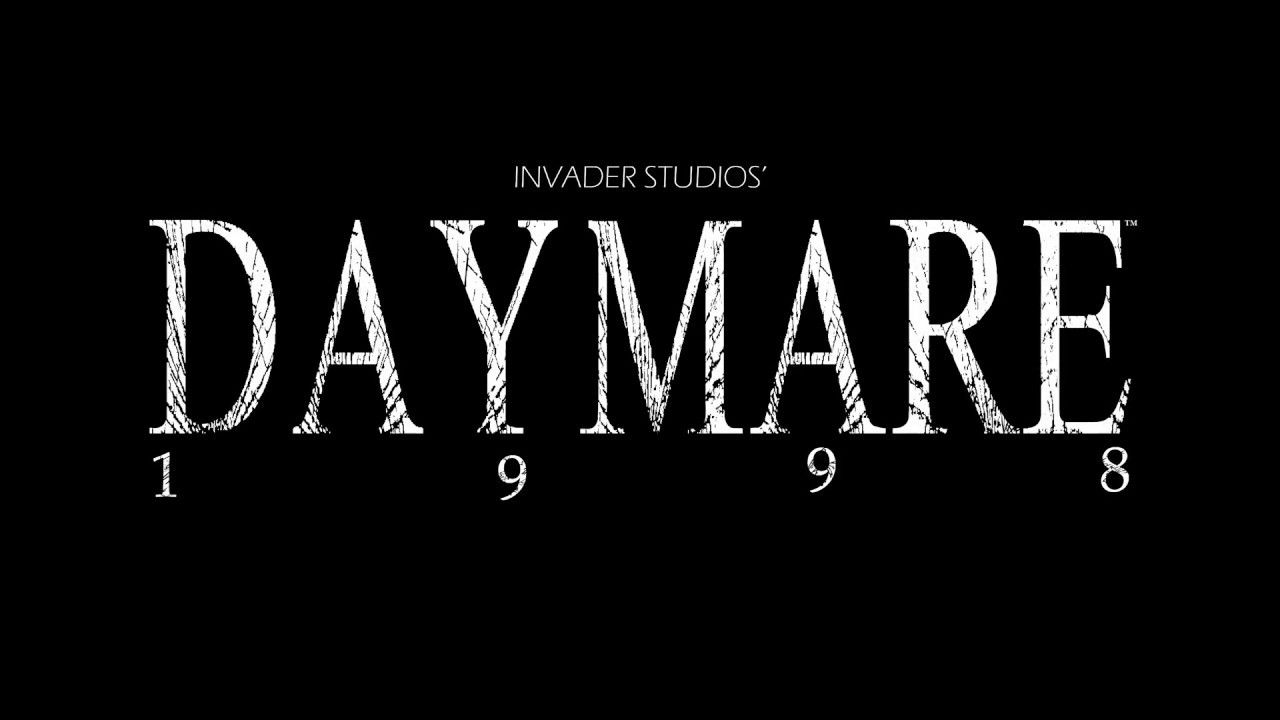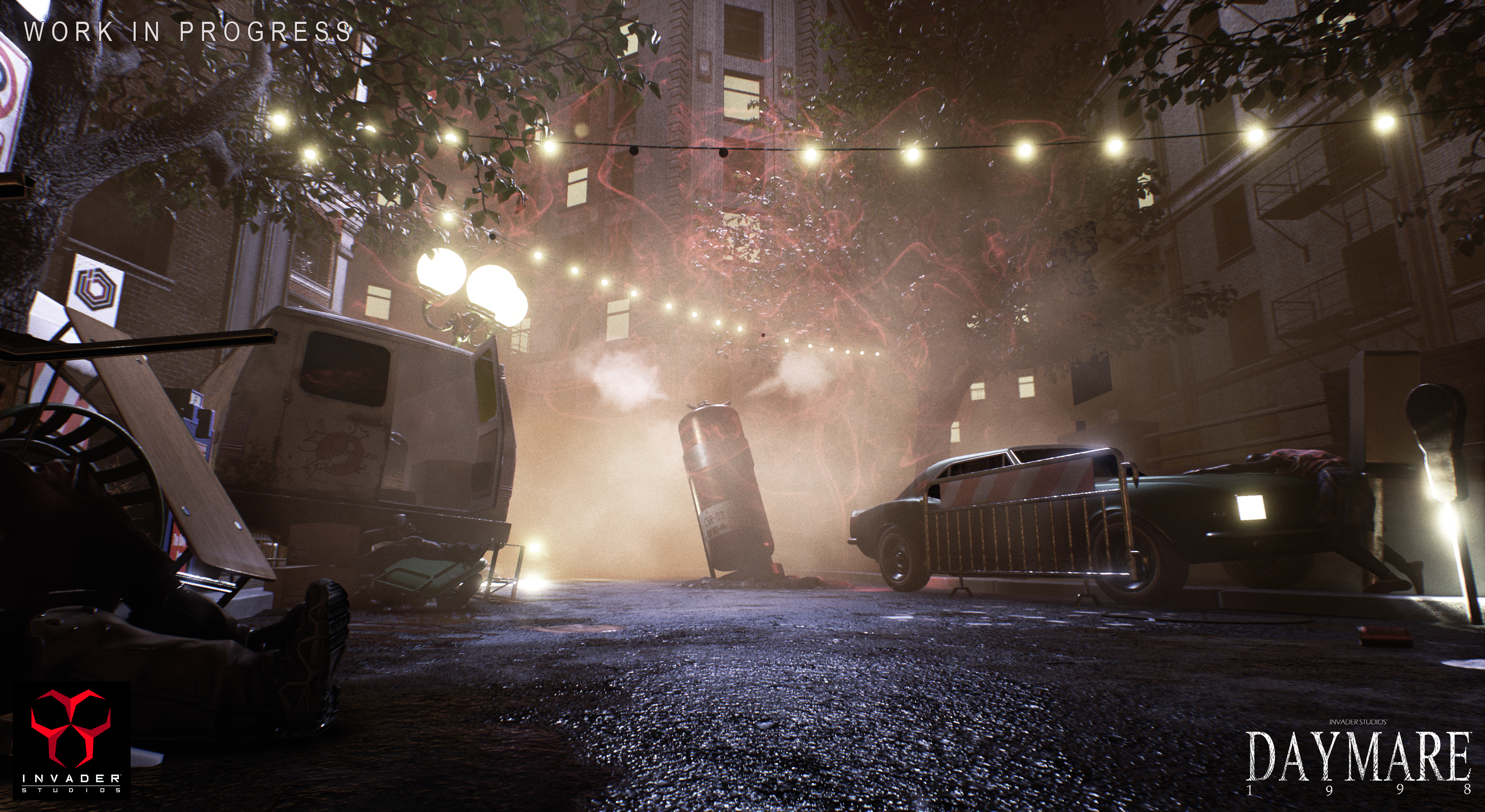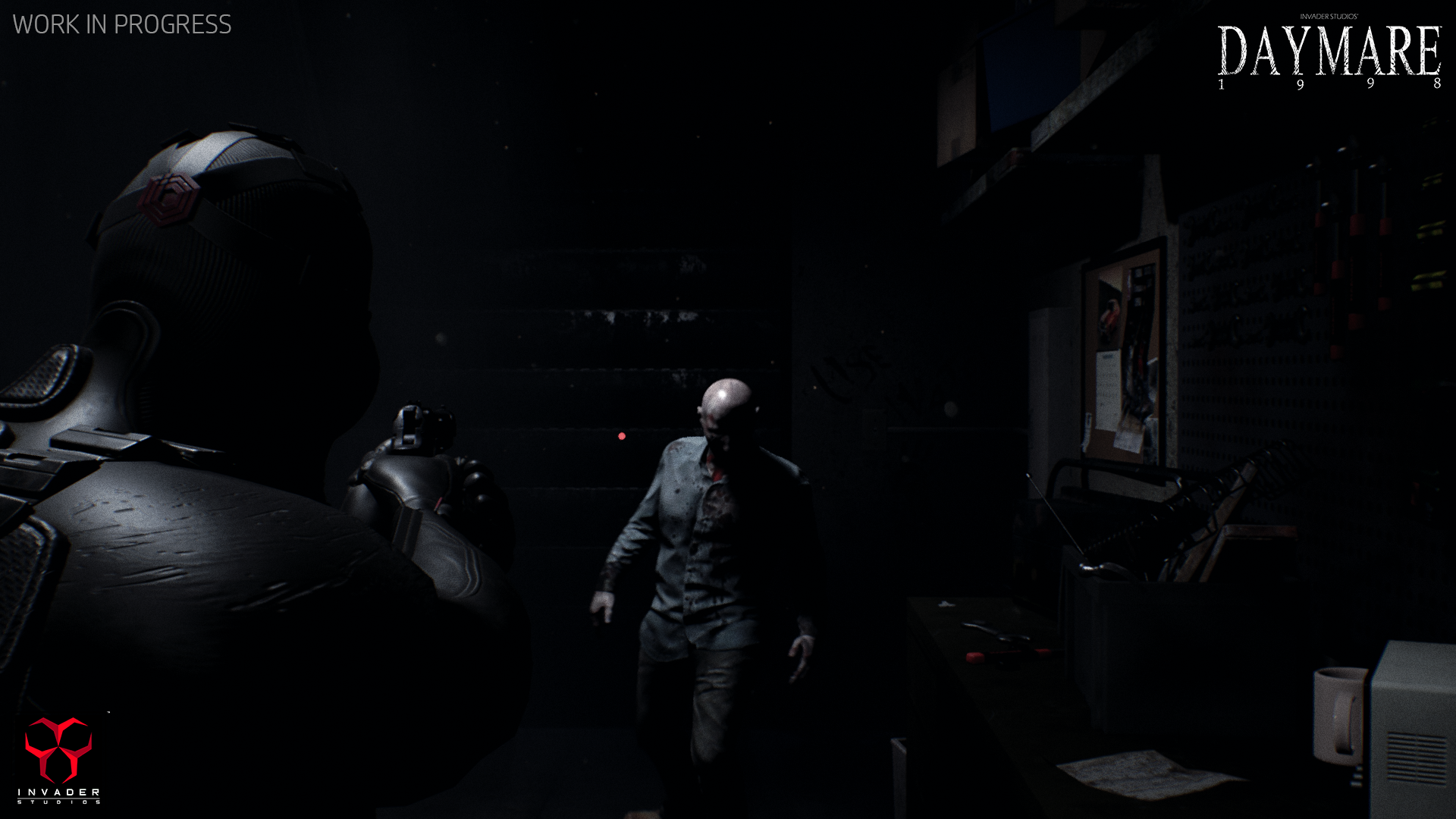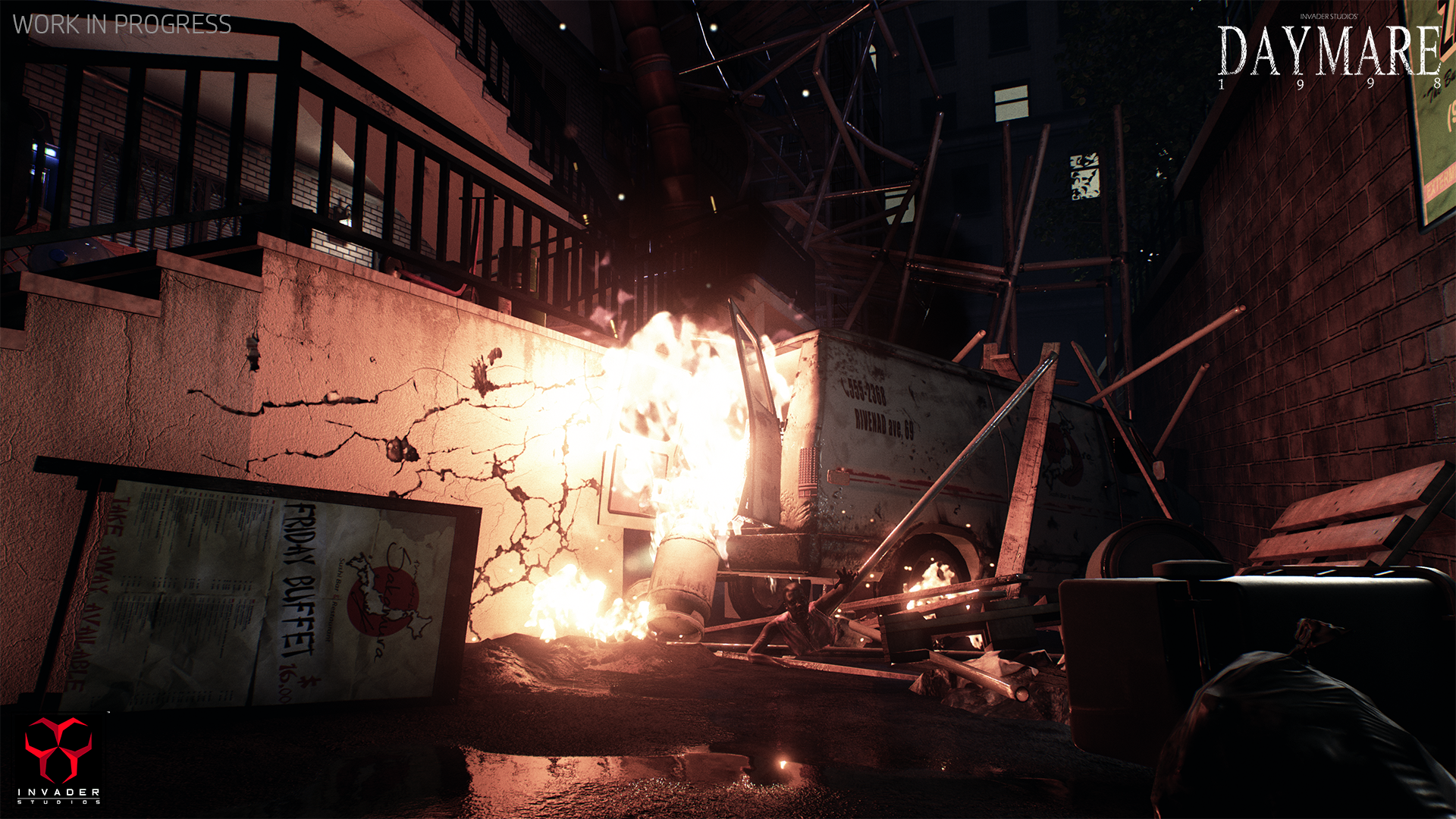Invader Studios began as a small group of fans with a common interest in seeing Resident Evil 2 remade. With the drive and know-how to make that dream a reality, they set out to recreate one of the most iconic survival horror games ever made. However, per Capcom's request that project came to an end. From there, the team decided to take what it had learned from the experience and develop an entirely new game. That game has become Daymare: 1998.
Recently, Invader Studios launched its Kickstarter campaign for Daymare: 1998 with a goal of $190,199.00. Should the crowdfunding campaign be successful, the team expects to launch the title on PlayStation 4, Xbox One, and PC.
From an attempted remake of Resident Evil 2, to a brand new IP that resonates with the 90's survival horror tone, Invader Studios has lofty goals of reviving what they feel made the early survival horror genre great. We got the chance to ask Co-Founder Michele Giannone a few questions about how the studio is establishing that tone and from where the inspiration for Daymare: 1998 has most notably been drawn.
https://www.kickstarter.com/projects/invaderstudios/daymare-1998tm-bringing-back-the-survival-horror/widget/video.html
Jordan Loeffler: In watching trailers for Daymare: 1998, there seems to be a strong focus on the game's plot. How important to you is story in the games that you play? Is it equally important in the games that you create?
Michele Giannone: Sure! We love the old games because they had a strong, believable story, with believable characters. We want to offer the same kind of game, where plot and characters are really important, to offer a true and immersive experience to gamers.
J: The game began as a remake of Resident Evil 2 before Capcom's announcement of the same. Have aspects from that project remained in Daymare: 1998? Will fans of Resident Evil 2 recognize lingering elements from the original project or is it entirely new?
MG: No, it's entirely new. The RE2 remake was a fan remake, something useful to understand our skills and to learn more about Unreal engine.
J: Besides Resident Evil, what games or franchises have most heavily inspired Daymare: 1998?
MG: Besides Resident Evil, we took and learned a lot from Dead Space (the true, modern survival horror of the last ten years), from The Evil Within and, in small part, from Alien: Isolation.
J: Why are the 1990's so emblematic of good survival horror? What do you think has been lost since then that needs revival?
MG: In our opinion, it's the mood, the atmosphere and also that sort of realism that permeates the plot, the characters and also the settings. The most important third person survival horror games were released during the 90’s, now more of the horror games in third person are shooter or action. Also, we learned a lot also from Resident Evil 4, Dead Space and The Evil Within.
[pullquote]The most important third person survival horror games were released during the 90’s[/pullquote]
J: On the game's Kickstarter, you hint that industry legends are interested in joining the game's development. What involvement have these figures had in the game's development so far?
MG: We can’t say more about that. We can say that their contribution is really important for us. We are really lucky, because learning from legends like Mr. Aoyama or Mr. Nakai is something incredible. They participated to the creation of the same games that, 20 years ago, changed our lives forever.
J: The game's Kickstarter also notes that players will have control over the game's third-person camera "within limits." Can you clarify what the limits of that camera are and why you've chosen this perspective?
MG: We selected the OTS camera because, in our opinion, it's really immersive and modern. It's fun to play not only for a shooter, but also for a true survival horror like Daymare: 1998. We want a perfect mix between old and new. For this reason we took the atmosphere of the 90’s games and the gameplay and mechanics from modern titles.
The limits we decided are just about some actions, not really related to the SH, like jump or cover, for example.
[pullquote]We want a perfect mix between old and new[/pullquote]
J: When the Kickstarter began, it seemed the announcement was to only bring the game to PC. Now, you have announced that the game will also come to Xbox One and PS4 should the Kickstarter be successful. What caused you to make the decision for additional platforms?
MG: We can’t say much about, but after the campaign’s start we had the chance to work on console development kits and to consider new ways and new costs for the console versions of Daymare: 1998.
J: Have you put any thought into supporting Nintendo Switch? Or, on the other end of the power spectrum, PS4 Pro and Xbox Scorpio?
MG: No, it's really too early at the moment. We hope that it might happen, but for now it's not expected.
J: Are there any plans to add modes or extras to the game in addition to the main campaign?
MG: Yes, we are thinking about that, but it's impossible to reply to this question at the moment. The most important part to develop is the main campaign.
J: How long do you expect it to take players to complete the main campaign? What do you feel is the game's level of replayability?
MG: We can’t say more about the main campaign duration, but it's an indie production, so we think it's going to be less than ten hours. Replayability will be high, because every character will have a personal approach to the story.
J: What do you feel is most important when developing a survival horror game? How big of a role do enemies or environments play in establishing horror? Is there anything that you feel is more important in this regard?
MG: They're fundamental. In the games we love, the environment is part of the story, part of the atmosphere, it's a new world to discover, to love and to visit. This is not just an arena for a fight, but it's a place to admire and to use to defeat your enemies. In fact, most of the several enemies (standard creatures, mini-bosses and bosses) can be defeated only with a smart environment interaction. The perfect example is the demo that is out now, where the player must use the water of the barrels to hit the melted man and make him vulnerable to the bullets.
[pullquote]several enemies (standard creatures, mini-bosses and bosses) can be defeated only with a smart environment interaction[/pullquote]
J: How are you looking to establish the game's tone? What tonal elements do you feel are core to the overall experience?
MG: We think that a few points are really crucial to making a great game and an immersive experience: the mood and the atmosphere, the settings and the story-driven tone, but also comfortable gameplay and mechanics. The best balance of all of these is the result that we are looking for.




